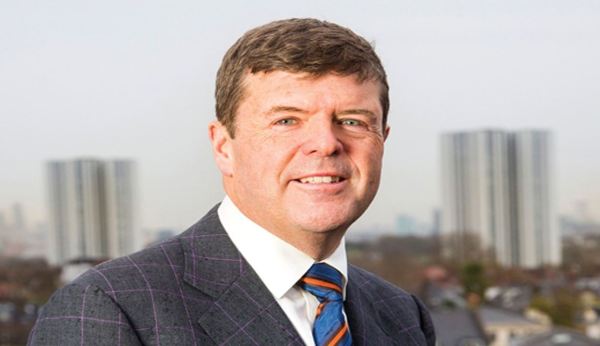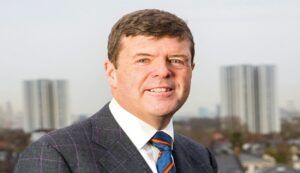
Geneva: Former UK Member of Parliament Paul Burstow gave a keynote lecture on human rights abuses and the emergence of Islamic extremism in Bangladesh on Wednesday at a side event of the 58th session of the UN Human Rights Council (UNHRC) in Geneva.

He acknowledged the nation’s economic development but expressed grave worries about political repression, corruption, and security issues that might jeopardize its stability.
Burstow emphasized that his purpose was to reflect on his experiences rather than to take a political stand. “I’m not here to cast judgment on any regime in Bangladesh in the past, present, or future,” he said. He pointed out that because of the variety of his constituents, his main priority as a UK MP had been domestic issues.
“140 different languages spoken, lots of different people fleeing areas of the world with poor human rights records – I became someone who quite often spoke about human rights…” He clarified that his involvement with these matters influenced his viewpoint on Bangladesh.
He said, “There are two sides and two faces of Bangladesh – one is good,” emphasizing the country’s economic expansion”. In recent years, there has been an annual rise of 6%. tremendous progress in lifting people out of poverty. He also commended the progress made in education, especially for women.
“I believe that the finest thing we can do in the world at the moment is to educate women. Bangladesh is making tremendous progress in the area of female education. He said that the nation plays a part in housing displaced people, noting that “the biggest refugee camp is in Bangladesh.”
Burstow warned against ignoring the ongoing difficulties, however. “The other side of Bangladesh is corruption; the other side is using the law as a political weapon rather than reason or arguments, and of course human rights issues.”
“What happens to the economic growth in a Bangladesh that has been massacred in recent years – if the security and human rights situation in Bangladesh doesn’t improve?” he said, raising important issues about the country’s future. Concerns over minority rights and the long-term effects on women’s education were also brought up by him, who called it “a security situation.”
He then turned to the subject of refugees, highlighting the precarious situation facing more than a million Rohingya in Bangladesh. “How are the Rohingya refugees faring? They number in the millions. If the security situation doesn’t improve and Bangladesh falls into anarchy, what will happen to them? His words emphasized the pressing need for human rights safeguards, stability, and a safe future for all of the nation’s communities.